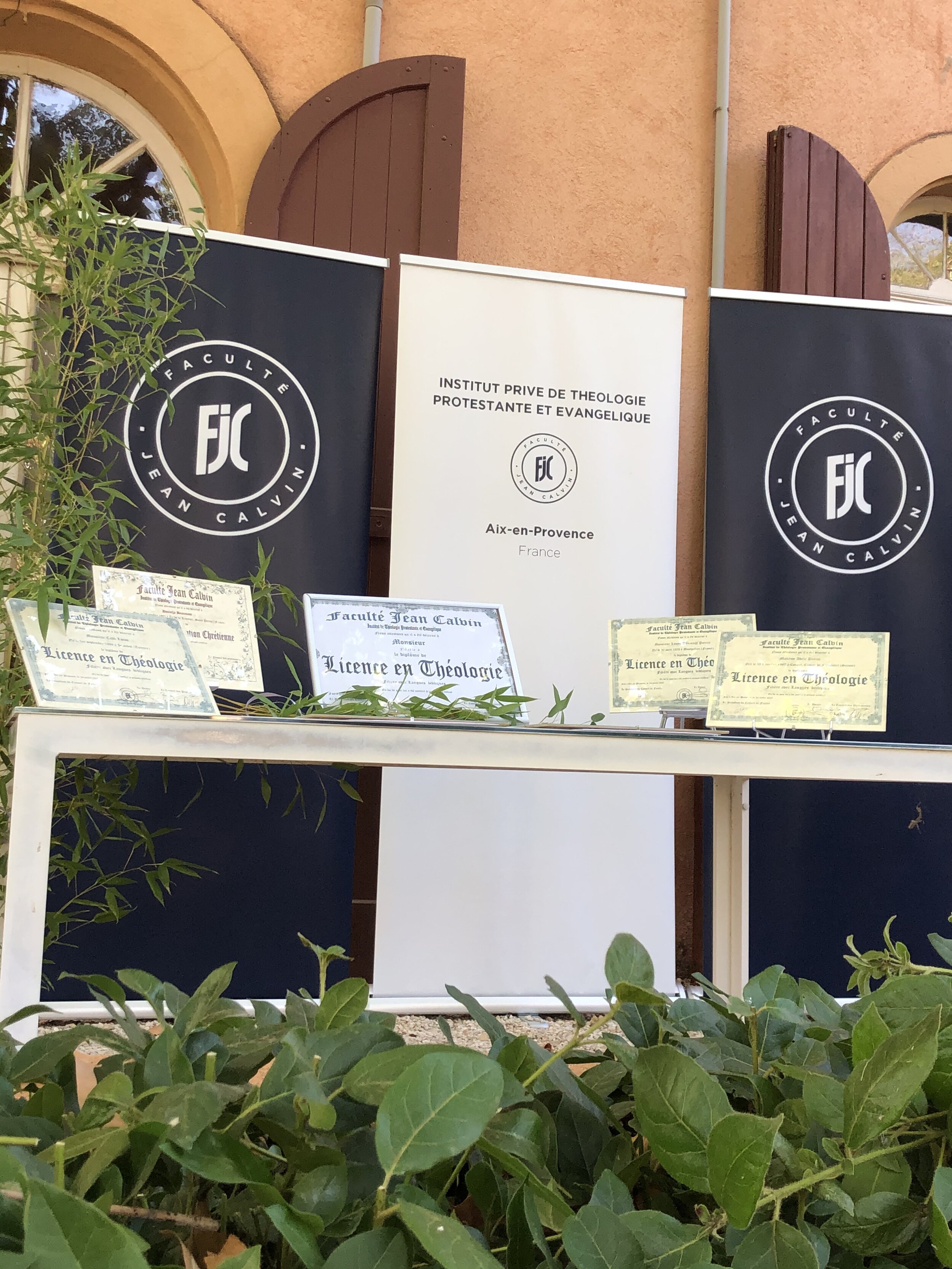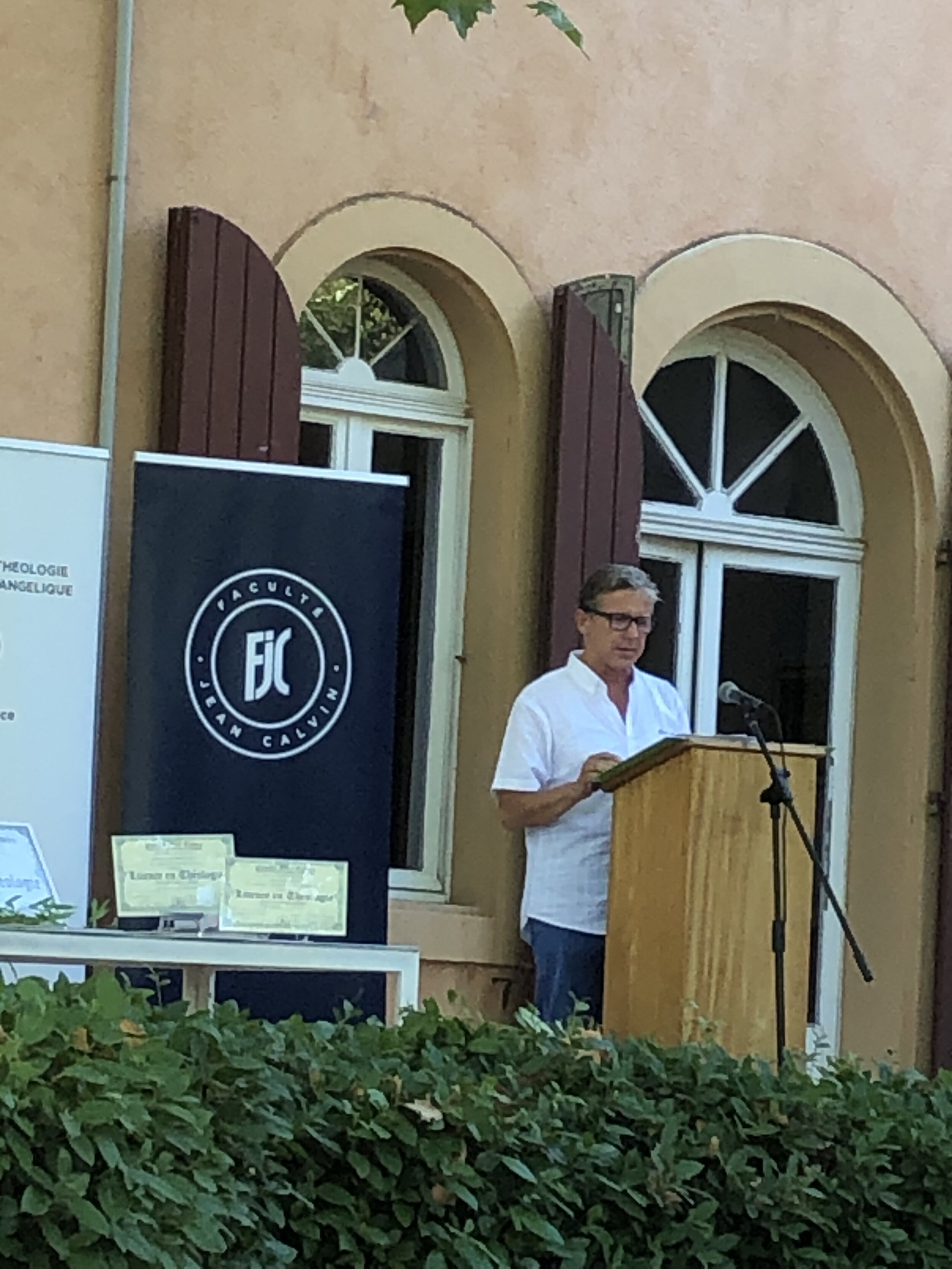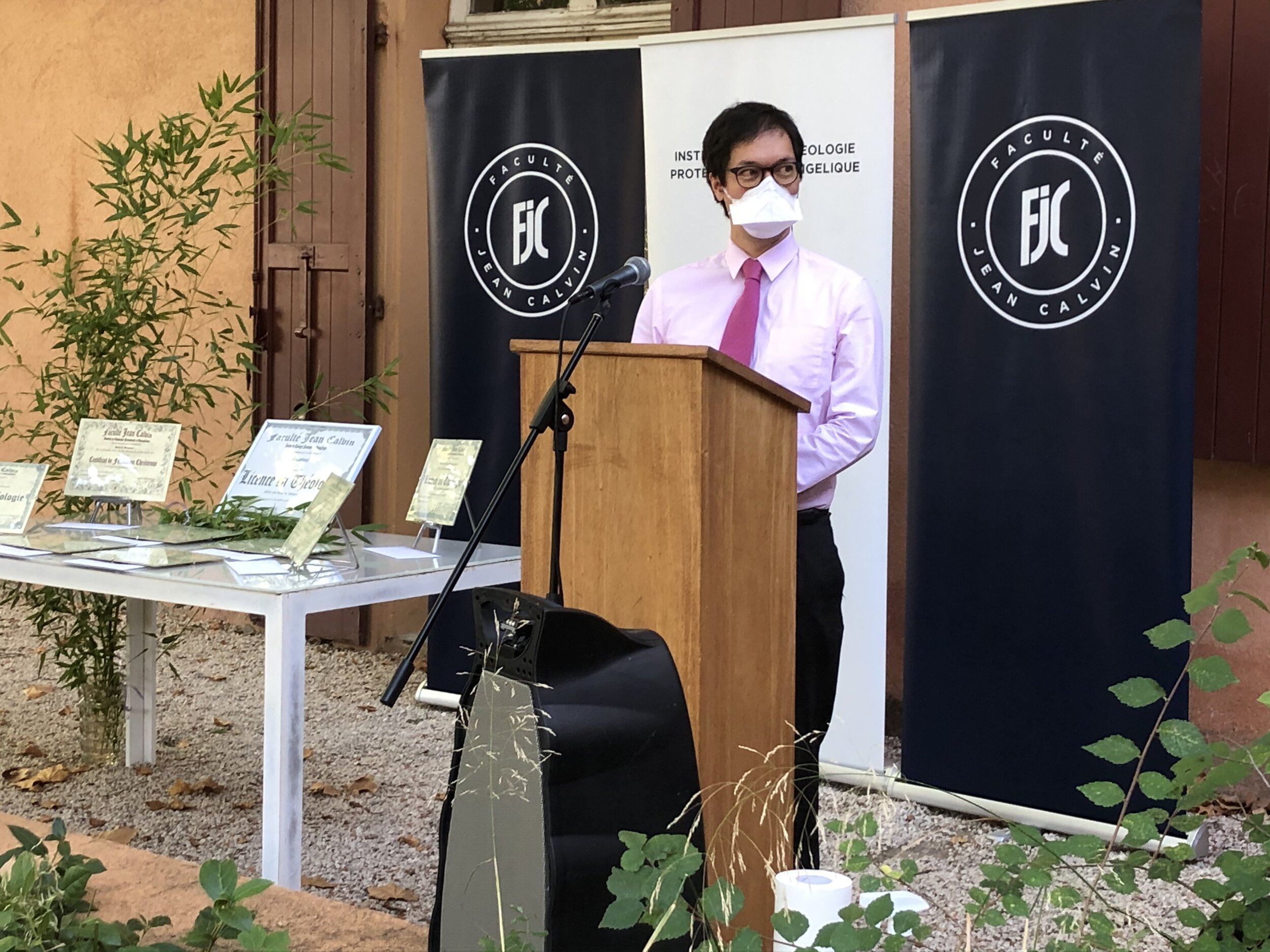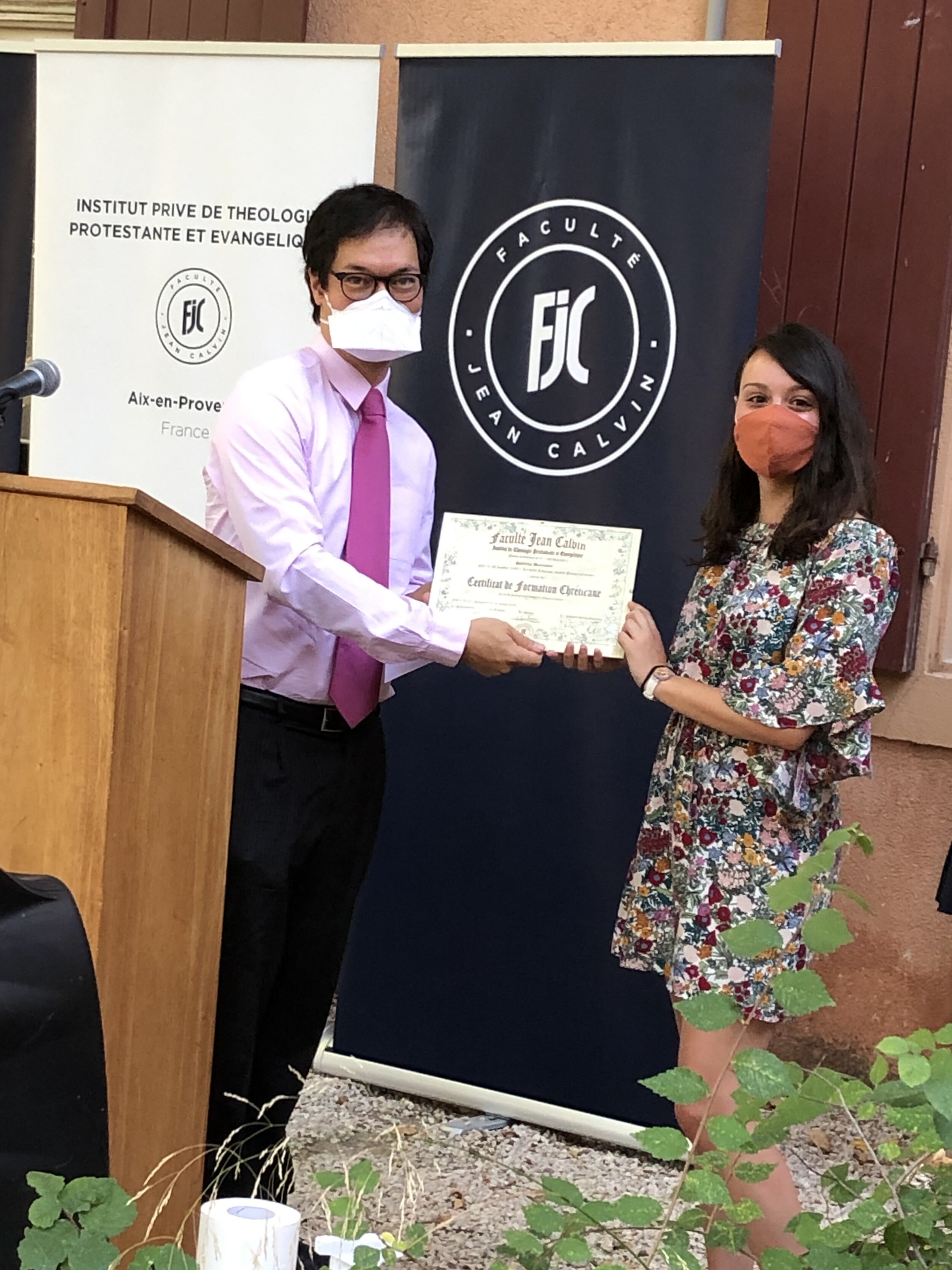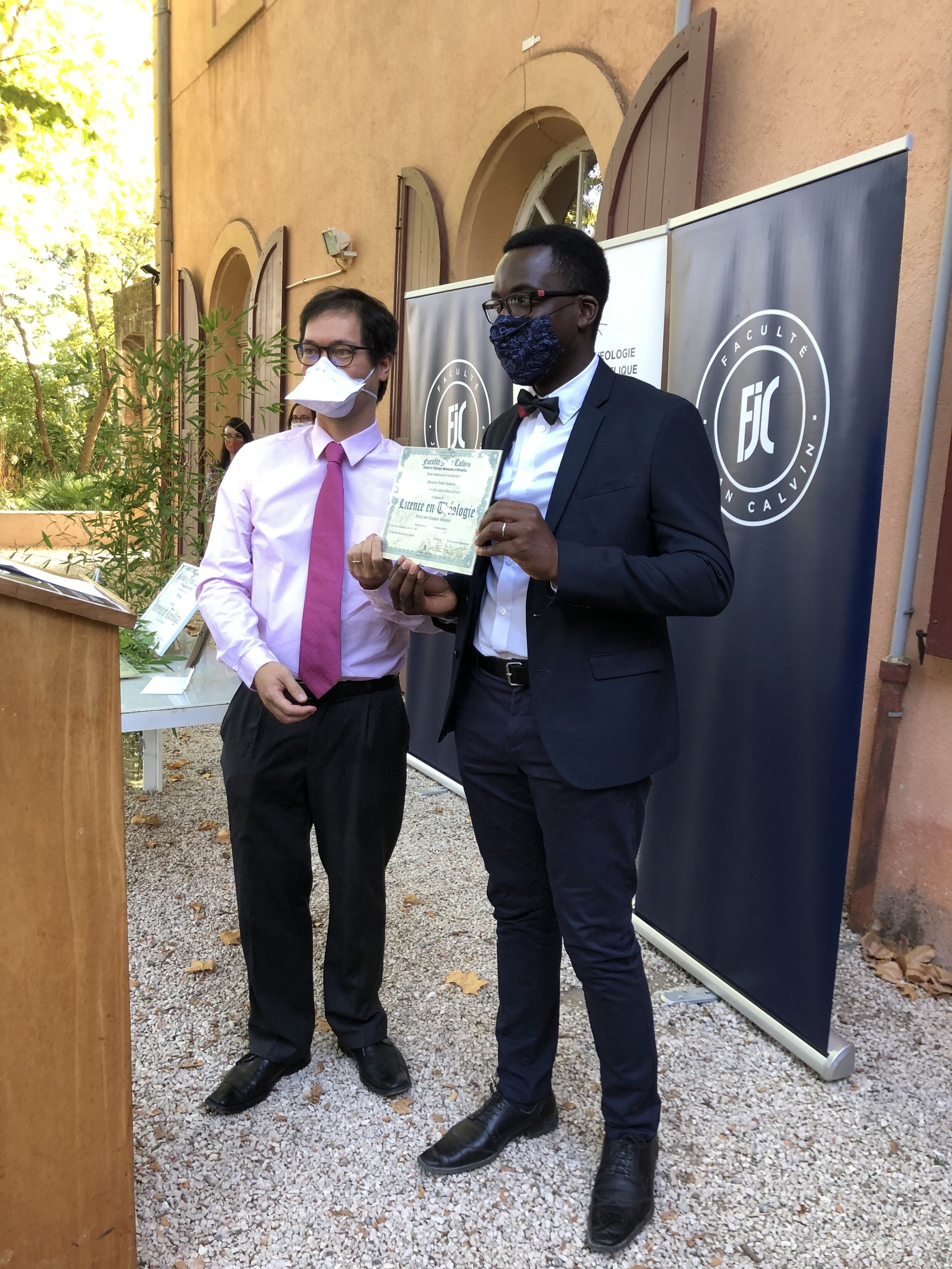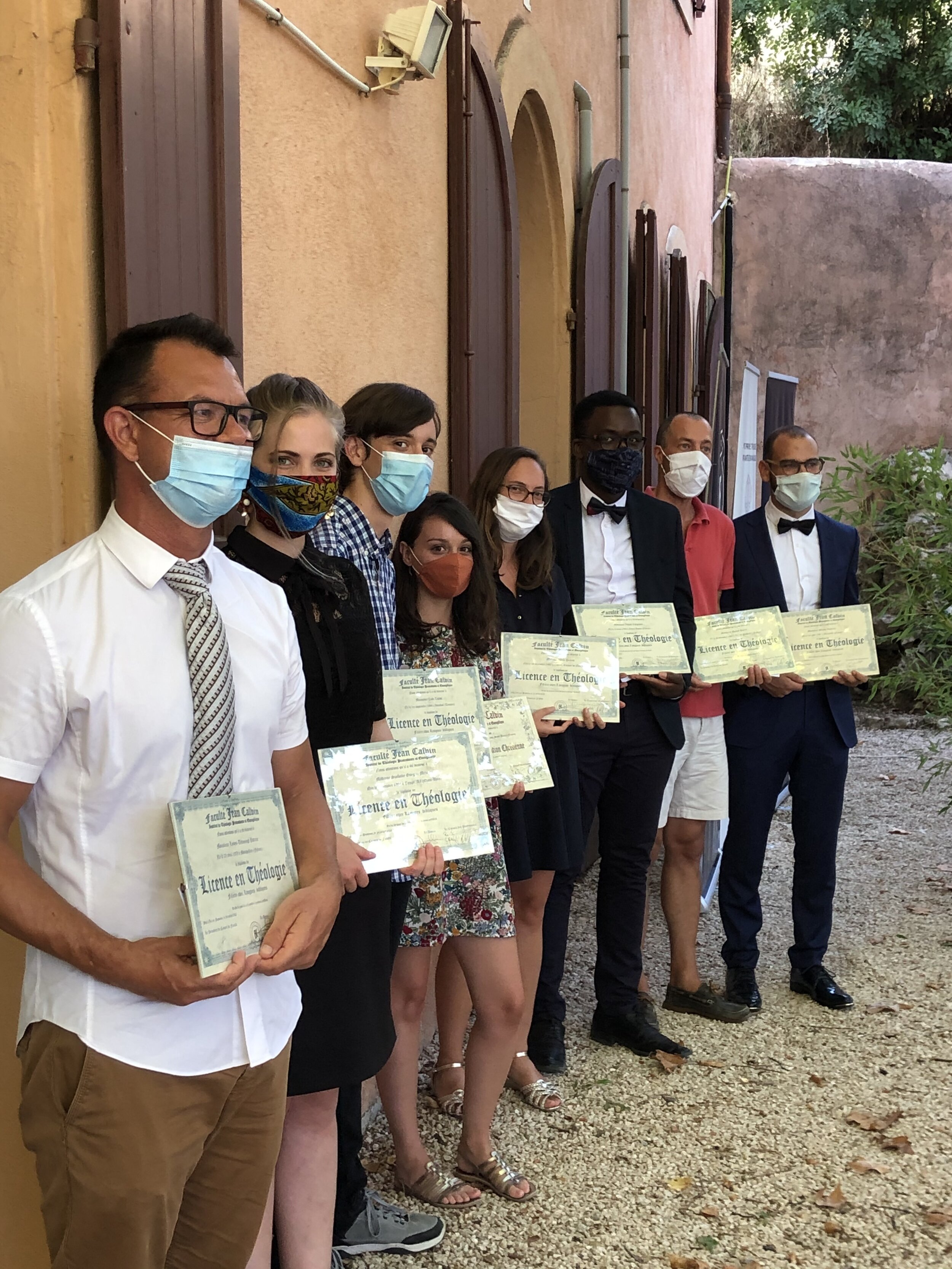Dear friends,
The particular and uncertain circumstances in which we are living, characterized by an increase in positive cases of Covid-19 and hospitalizations, the partial confinement extended to all of France and the latest abject terrorist attacks, arouse concern and disarray among the French population, including within the Christian community.
It seems to us that these ordeals, despite what our health and political authorities think, also have a spiritual dimension which goes beyond "health, daily bread and security" without however giving up on watching over and providing for them! Where to find the true meaning of life? Where to find tranquility in the midst of the anxieties of the moment? Where can we find the answer to the hideous grimaces of violence and death? Or find the courage to be messengers of comfort in the midst of anxiety, artisans of justice in the midst of the excesses of our society, of peace in the midst of present disarray, of a hope that transcends death?
To respond to these challenges which are beyond us, the members of the body of Jesus Christ, we have to engage in the fight of prayer which is at the heart of the Christian vocation. It is in this spirit that the Faculté team invites you to a day of prayer on Saturday, November 14, 2020. We invite you to choose a prayer time during that day, and to pray for the faculty, its students, and its needs.
This is urgent! It is essential to remind ourselves, and to share it with our contemporaries, that if the medical profession heals, if the body of Christ intercedes and testifies, it is indeed the Lord who heals, who gives new life and awakens, in those who trust in him, a hope that never deceives!
United in Christ, the living Lord, and in prayer,
Pierre Berthoud,
President
Professor Emeritus
Faculté Jean Calvin




